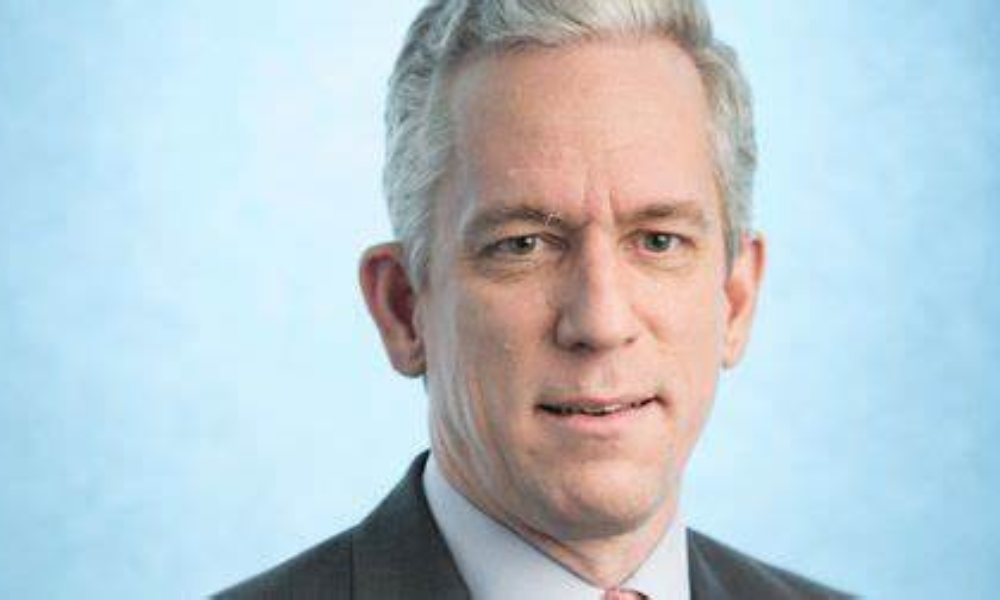What was the thought process behind the latest interest rate rise?

The Bank of England’s Monetary Policy Committee (MPC) pushed the base rate past a 15 year high when it increased rates to 5.25% on August 3.
But what motivated the decision? Mortgage Introducer spoke with a chief economist to gain a deeper understanding of the reasoning and its implications moving forward.
Three way split
James Sproule (pictured), chief economist at Handelsbanken, said the Bank of England’s MPC raised interest rates by 25bp to 5.25%, in line with an overall consensus – but not everyone was in agreement.
“The MPC voted in a three way split, with one member voting for no rise, the dovish Swati Dhingra, and two members voting for 0.50%, Catherine Mann and Jonathan Haskell,” he said.
The majority, Sproule added, voted for 0.25%, including the newest member Megan Greene, who has replaced Sylvia Tenreyro, who Handelsbanken also considered “dovish”.
While market consensus is that the peak will be 5.75%, Sproule expects a single interest rate rise of 0.25% in September to 5.5%, which he believes will be the peak of this interest rate cycle. Following this, Sproule added that he is expecting a gradual easing in 0.25% steps from mid-summer 2024.
Nominal rates
Through early to mid-July, Sproule said market consensus had been for UK interest rates to peak above 6% in this cycle, with some stressed scenarios seeing rates potentially rising to 7%.
“Economist forecasts have been generally more restrained, and due to the most recent inflation figures, which saw a decline from 8.7% to 7.9% in June, market fears of more substantial hikes have eased,” he added.
Sproule said the Bank of England expects inflation to fall to 5% by year end, driven by lower energy and moderating food and goods costs, but he added that services prices inflation is presently over 7% and is expected to remain elevated throughout the remainder of this year.
“We concur with the central bank’s view and we expect inflation will continue to fall over the coming 12 months,” he said.
However, Sproule anticipates inflation will prove stickier than anticipated once it falls to around 3% - the result of this, he said, is that nominal interest rates will remain above 3% through to 2026.
Impact on house prices
The impact of the Bank of England’s MPC raising the base rate, Sproule said, must also be reassessed.
“With 62% of UK mortgages fixed for five years or more, the monetary policy transmission mechanism to the wider economy, traditionally around a year, is taking more time than ever to be felt,” he said.
Even for businesses, where variable interest rate loans are far more common, Sproule said, reassessing business plans and measuring the responses from suppliers, customers and competitors takes time.
The result is, he said, while people are saving in anticipation of higher debt servicing costs, the biggest impact is on house sales where higher borrowing costs must be immediately factored into any purchase.
“Our house price forecast remains that we will see a nominal fall of approximately 8% peak-to-trough - here inflation will be helping us, as the real terms fall in house prices will be in the order of 20%, but the number of house price sales we estimate will decline by 40% from peak to trough,” Sproule said.
What is your understanding of the latest base rate hike and how do you expect it to impact the market? Let us know in the comment section below.



